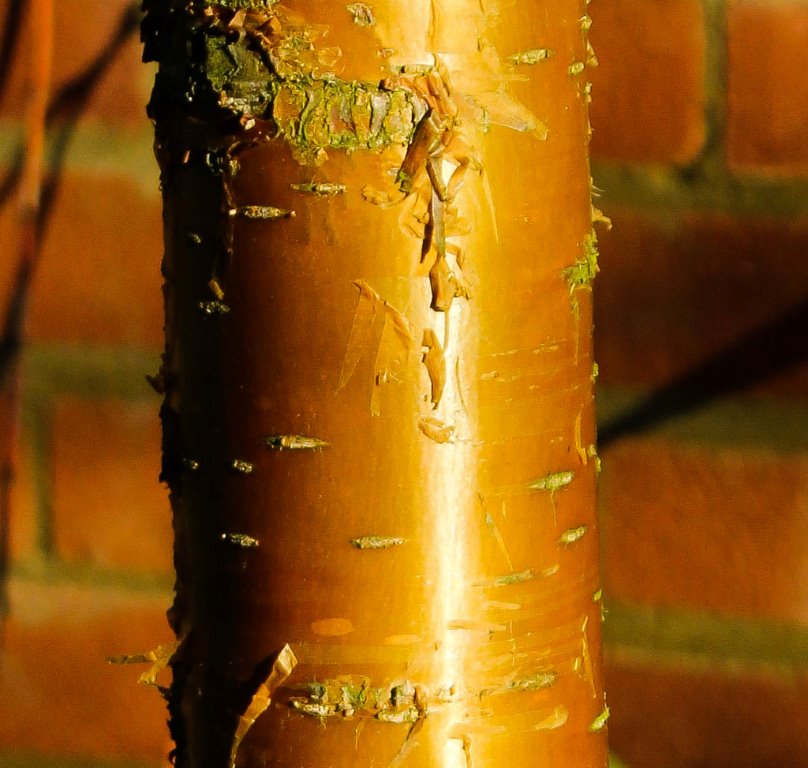This month, with its short days, is a good time to check over gardening tools, replacing broken handles, sharpening blades and putting new kit on your Christmas wish list. Brush away any soil, clean off rust with wire wool, spray the surface with water repellent and treat wooden handles with linseed oil before hanging them proudly back in the shed, while reminding yourself it is better to clean them properly each time they’ve been used. Hoes and spades can be sharpened with a fine file. Pruning saws, loppers and secateurs can be taken to a specialist sharpener; when they return, check for sharpness with a branch or twig, not your finger!
Winter rains drain through the soil, washing out nutrients, like nitrogen or can create a ‘cap’ or hard layer on the surface of lighter soils. Protect the surface of your vegetable plot by covering it with a layer of well rotted organic matter, which will be forked in next year when the seedbed is prepared. If you don’t have access to organic matter, let the weeds grow and dig them in when preparing the seedbed in spring, before the perennials mature, as you would ‘green manure’. The only weeds you shouldn’t allow to grow are annuals like ‘Chickweed’ and ‘Bittercress’ which germinate, flower and seed rapidly, creating a seed-bank that will cause problems next year. They can be removed as part of regular winter weeding.

The long evenings before Christmas can be brightened by thumbing through catalogues or sitting at the computer, ordering plants for 2015 and Christmas houseplants reminding us of the flowers to come. Start Amaryllis into growth by watering sparingly at first; just a trickle of tepid water around the bulb, increasing the amount as more flowering stem appears. Once they are growing strongly, keep them moist but not waterlogged and take care not wet the growth tip. Grow them on a bright window sill and err on the cool side, to prolong the flowering period (15-18 C (60-65F) is ideal (this applies to ‘Indian Azalea’s’, ‘Poinsettia’ and ‘Christmas cactus’, too). Stake ‘Amaryllis’ flowering stems carefully if necessary, rotate the pot a quarter of a turn each day, then sit back and enjoy the display. Don’t forget to remove your houseplants from the windowsill over night, as they can be damaged by low temperatures on frosty nights.
Protect sprigs of ‘Holly’ for your Christmas decorations from being eaten by birds by covering berries with netting and to make sure you have vegetables for your Christmas dinner, cover Parsnips and carrots with a thick layer of straw, corrugated cardboard or hessian, so they can be lifted easily, in frost and snow. Harvest sprouts from the bottom upwards, so smaller immature sprouts near the top will develop, removing any that are ‘blown’ or have yellow leaves; the leaves at the top can be harvested and steamed or lightly boiled, too. Finally, enjoy all the fruits of your labour, fresh in your Christmas dinner. Don’t forget to pop into the garden on a sunny day; joys such as Prunus x maackii ‘Amber Beauty’ await you.
Happy Christmas! Matt.


